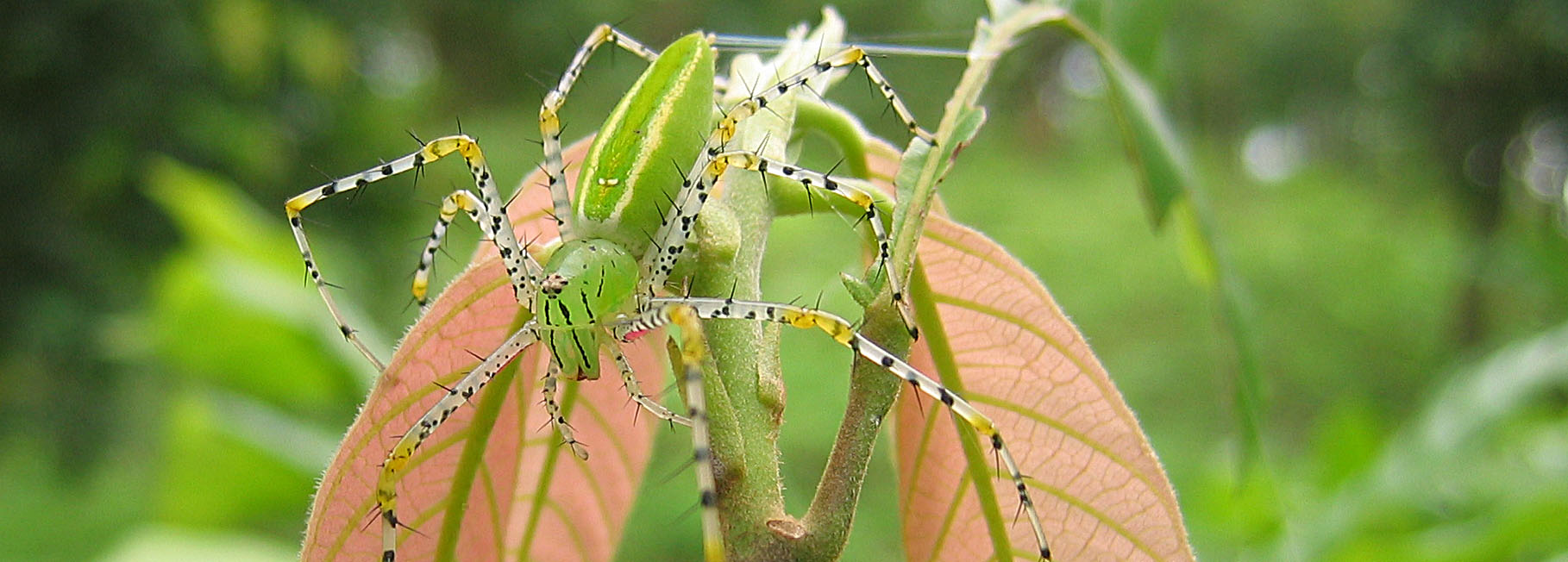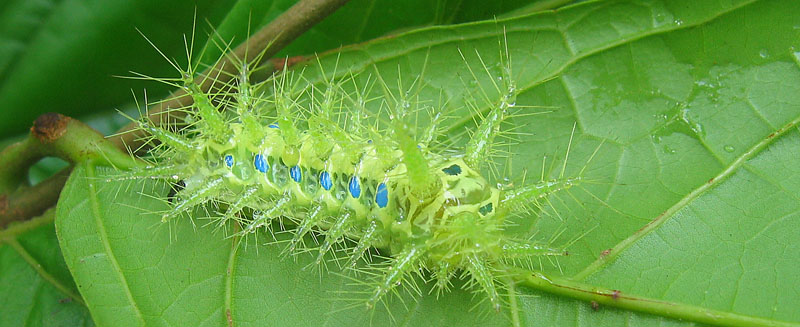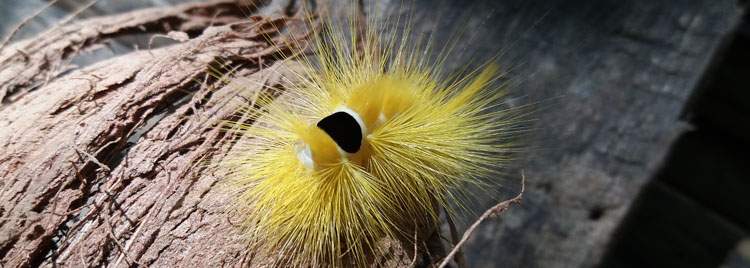Vaccine - health issue- travel insurance in Myanmar
Burma name may let you think about deep jungle, nasty animals, dangerous snake and other funny things such malaria and tropical disease....It has all of that, but usually not at all where the tourists are going, far from it.
At today (May 2018), there is no mandatory immunization for going in Myanmar, we have never a tourist eaten by a tiger, beaten by a snake. The real and bad health issues are very simple common one, like car or bike accidents, falling down the stairs, just very simple day to day things that happen anywhere.
Problem is that in Myanmar, even a simple accident can become quickly a real dangerous health problem (and that's why we give to all our customers all our emergency phone numbers and reliable doctors).
Travel health insurance = MUST have !
Healthcare infrastructures in Myanmar are in bad shape (very bad) and the general quality of healthcare is really low. For any practical purpose, any serious accident implies that you will have to go to Thailand (by plane).
So this is very important that you can come in Myanmar with a very good health travel insurance that will pay for medical evacuation to Thaïland (you do not want to stay in Myanmar) and that will refund your travel expenditure (travel agency cost, international flight etc...). If possible, take a health travel insurance that will cover unexpected trip cancellation from your side, including before departure. You will at least get a refund for your plane tickets and payments already made to a local travel agent such as Ananda.
If you are using your credit card for payment, you may have a travel insurance attached to your credit card usage, anyway check before your departure that:
- Myanmar is included,
- You know the emergency call center of your health insurance,
- Check that you get health insurance even if you did not pay your international plane ticket with your credit card, or the local travel agent with it.
- Check that your entire family is covered,
- Check that they will pay for your evacuation you in Thailand or a country where you get access to a good hospital. Many health insurances will refund you if you get a treatment in the country where you got the problem, but will not refund you if you have to go to another country to get a treatment.
- Check also if they pay for business class flight (as long as a doctor request it). It is much more comfortable (with a medical request) to travel in Business class with a broken leg than in economy.
- Check also that your travel insurance will refund you for all your travel expenses already paid in the country such as hotels nights, travels agents fees, etc...

Motobikes, car and renting:
Road accidents, especially motorbikes accidents are very often the most serious health problem for a tourist in Myanmar (and there is a lot of car/motorbike accident in Myanmar.) Roads are dangerous, especially at night and even more during the rainy season (our drivers are very cautious, you will find them driving may be too slow for you....).
Keep in mind that in Myanmar:
- There is NO emergency service on the road (or anywhere), at least as the one you may have in a developed country. No doctor will come to pick up you on the road if you have an accident.
- It is
totally forbidden
for tourist to drive a car or a motorbike, even if you will find people ready to rent you a motorbike (it is not their problem if you have no insurance coverage in case of trouble.....).
- You will
not have insurance coverage
(liability and health coverage) if you have an accident while driving a motorbike or a car. Insurance companies are perfectly aware that you have no right to drive a motorbike in Myanmar.
It means that
all the medical costs, evacuation costs, everything will have to be paid by you! A real evacuation by plane to Thailand cost at least 35 000 USD..... These guys run a private company.... they will not pay for you if you are driving and you get an accident, they will come to get you until you pay before.
Very unfortunately, every year, we have very dramatic situations with tourists injured while driving themselves at motorbike (sometimes very badly) and they have to stay in Myanmar and/or pay everything without any refund.
Same people that told us before "Ok it will not happen to me..." and they rent a motorbike.
- Finally, if you have a car or motorbike accident in Myanmar, if there is injurry everyone goes to jail first, then you discuss.
 Very small but nice poisonous spider- Jungle Sagaing
Very small but nice poisonous spider- Jungle Sagaing
Immunization - vaccine:
At present (2018), there is no mandatory immunization to come in Myanmar. Does not mean that you should not check if all your normal immunizations are up-to-date (in fact it is a pretty good idea to check that everything is up to date on your standard vaccines.)
Yellow fever:
If you are coming from South America or Africa, you must have our health certificate to prove that you got a vaccine shot for yellow fever.
Japanese encephalitis:
You have to know that this vaccine is mandatory in Thailand (the neighboring country). The infection rate in Myanmar is very very under-rated. It seems that Myanmar will also decide to make Japanese encephalitis immunization mandatory for next year (2019).
At today (2018) it is not mandatory for tourist, but if you plane to stay a long time in Myanmar or even 4 weeks as a tourist, especially in countryside or during the rainy season, we really think it is not a bad idea to get a vaccine shot for Japanese Encephalitis. Talk to your local doctor.
Mosquitos :
Mosquitos are far more dangerous in Myanmar than tiger or snakes, they can give you:
- Malaria - (very very rare for tourist in the central area)
- Dengue fever,
- Chikungunya fever,
- Japanese encephalitis,
The best is not to be beaten by a mosquito, whenever it is possible. So it is very important, especially during monsoon to have a correct protection (dengue). You need to use very powerful mosquito repellant for tropical countries, with a high concentration of DEET (50% or above if possible).
If you do trekking or you are planning to sleep in villages or in a monastery, do not forget to bring a mosquito net, preferably impregnated with permethrin.
 Nice green and blue poisonous caterpillar- jungle
Nice green and blue poisonous caterpillar- jungle
Dengue :
Dengue fever is very common in Myanmar, especially during raining season (May to October). The mosquito which is transmitting dengue is the tiger mosquito, which lives in the city, and bites mostly during daytime (unlike the mosquito which transmits malaria).
We never had any tourist who got malaria or Japanese encephalitis, but we have quite regularly tourist who get a dengue fever (so the importance to be protected).
Symptoms may be a very mild fever or a real dengue symptom (like influenza fever times 10...) to hemorrhagic fever choc (rare).
Generally speaking symptoms are:
- Fever (39 C° and lower)
- strong asthenia (huge physical weakness, no strength)
- Joint pains (really painful..)
- Sometimes petechia (tiny pinpoint of blood below the skin).
- Diarrhea (so you are even weaker)
What to do:
- Go the doctor, preferably Dr Cattin at Parami hospital or SOS in Yangon to test your blood and check if you really have a dengue fever.
- Take Paracetamol (for the pain), drink a lot of isotonic drink (like 100 plus, very easy to find in Myanmar), and do not drink coke (too sweet). There is nothing else to do than dealing with the pain.
- Sleep under a mosquito net (not to contaminate the other people around you)
-
Never, ever
take aspirin.... can make things much more complicated if you have a hemorrhagic dengue fever.
If you really have got dengue (confirmed by positive blood test), you will have to check every day, sometimes twice a day you platelets level. If you platelets goes to low, you will have to go to Bangkok in Thailand for a follow up until your platelets level goes up again (so again, you need a good health insurance).
Malaria:
Myanmar (Burma) is officially in level 3 (highest for malaria), but in fact, it is only for specific areas where you may have dangerous malaria.
You need to take anti-malaria drugs if you are going in the north of the Sagaing region, along Thai or Laos border (Myanmar side), in countryside during the rainy season (outside the central zone).
Since November 2011, WHO has stated that for tourist traveling in Yangon, Mandalay, Inle, Bagan, Bago the risk of malaria is very low (not zero but very very low) and that tourist does not need to take prophylactic medicine for malaria.
The central area of Myanmar, mostly all well-known tourist areas are free of malaria or the risk is so low that you do not need prophylactic treatment (if it only valid for the central area).
You need to consult your local doctor. A very effective medicine as a prophylactic treatment is doxycycline antibiotic (again check with your doctor for your specific needs...)
 Nice urticant yellow caterpillar in jungle.
Nice urticant yellow caterpillar in jungle.
Rabies :
Rabies is very common in Myanmar. Any bite or scratch from a warm blood animal (cat, dog, monkey etc...) must be taken very seriously. It is not enough to clean the scratch or the wound, you must seek immediate medical care at a local hospital, or SOS in Yangon, or Dr. Cattin at Parami hospital in Yangon.
You must get immunization shots to protect you from rabies.
For once, local hospitals know how to deal with this problem. They have the correct vaccine and they have a good protocol.
So for that specific case, you can contact a local hospital.
Safe side, contact Yangon.
Snakes :
Myanmar, along with India has the highest mortality rate in the world for snake bites.
The overwhelming majority of the bites come from the Russel Vipers, a nasty brown, sand color snake with a very potent venom. Vipers hide during daytime in the shadow, and go for hunting at night...they are very common in the dry zone (Bagan, Monywa etc...), in peanuts plantations or cane sugar plantations.
Basic recommendation: Do not walk at night across fields, do not remove stones or brick... just be careful. Russel vipers stay still even if you touch them one or two times, and strike high with a powerful jump... you see one, you let her alone.
In 15 years (2018), we NEVER had any tourist bitten by a snake, so no need to be so worried... just be careful.
If someone is bitten by a Russel Viper or a Cobra (very rare), it is an absolute emergency, carry the victims to a hospital as quick as possible. It is better is the victim do not walk or more, so carry her if possible, maintain her as quietly as possible.

Unidentified insect in the jungle of the Kayen state
|
 
Ananda Travels Yangon accepts credit card payment on its website (Visa and Mastercard). We have a 3D secure certification (highest security for our customers).
Please log on our desktop website version for information about Myanmar: Here
Keep in mind that the display is not optimized for phone and small tablets (better use a desktop screen).
|














